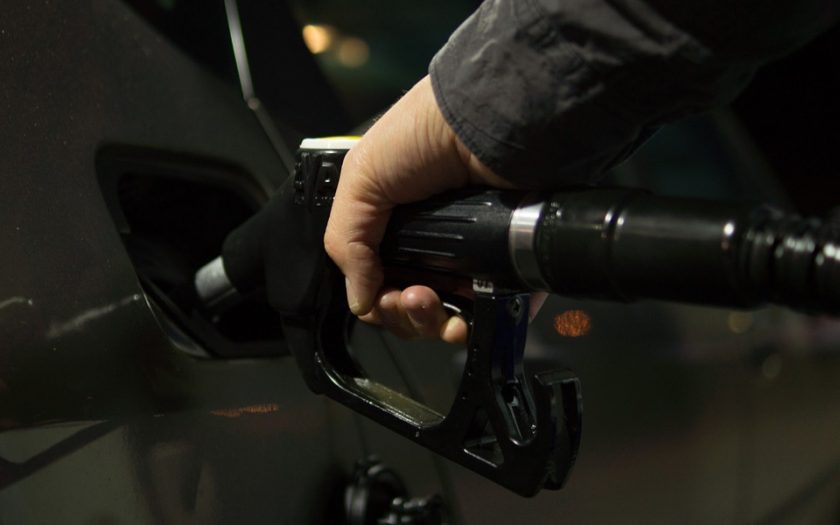WITH FUEL PRICES AT historic lows, there’s a real temptation to fill your fuel tank as far as you can. And we all know we can squeeze in just a little more after the auto shut-off on the bowser activates.
Many of us decide to put in just a little more to round the price up, and get as much as we can while prices are low.
But is it a good idea?
The short answer is: no.
When you fill your fuel tank, the air that would be trapped in the tank is vented out through a small tube that runs parallel to the pipe that lets fuel in.
Overfilling the tank means that tube sits below the level of the fuel – that’s how the auto cut-off works because there’s a sudden increase in back pressure that tells the auto shut-off that the tank is full.
Regularly overfilling the fuel tank may result in that small tube filling with fuel and because it’s a small tube, fuel doesn’t drip back into the tank easily. If the breather tube is full of fuel (or anything else), air can’t escape and every time you try to fill the tank, the auto shut-off will activate because the message it’s receiving is that the tank is already full.
You, of course, can read a fuel gauge so you know the tank isn’t full. In this case, you can try filling the tank very slowly (not easy with modern pumps) which will permit the air to come out while the fuel is going in. That’s fiddly and slow. And because the fuel is going in slowly, the auto shut-off may not operate and there’s a chance you will get an overflow, which is bad for your paintwork, and wasteful for your wallet.
There’s another possible outcome of brimming your tank. Fuel coming out of the underground tank is cool. On a very warm day, it is possible that the fuel in your tank will expand as it warms and may then leak out of the fuel filler.
So the best advice is to stop filling your tank when the auto shut-off activates.
There is an exception: some cars have a bit of a kink in the filler line, and the back pressure this creates can also fool the auto shut-off into thinking the tank is full. There isn’t much you can do about this, but if your car is one with this unfortunate quirk, you’ll soon learn how to recognise it. The best way around this problem is to fill the tank more slowly or pause occasionally to let the fuel make its way down the filler neck.
